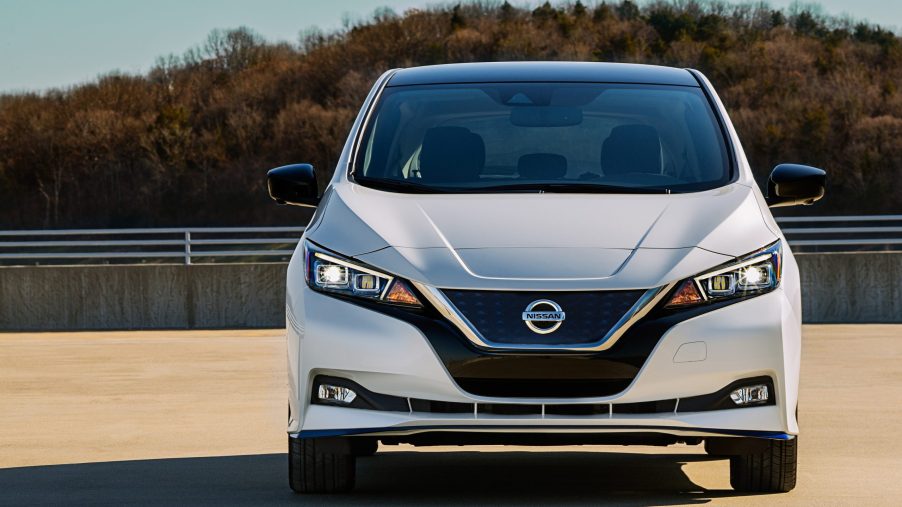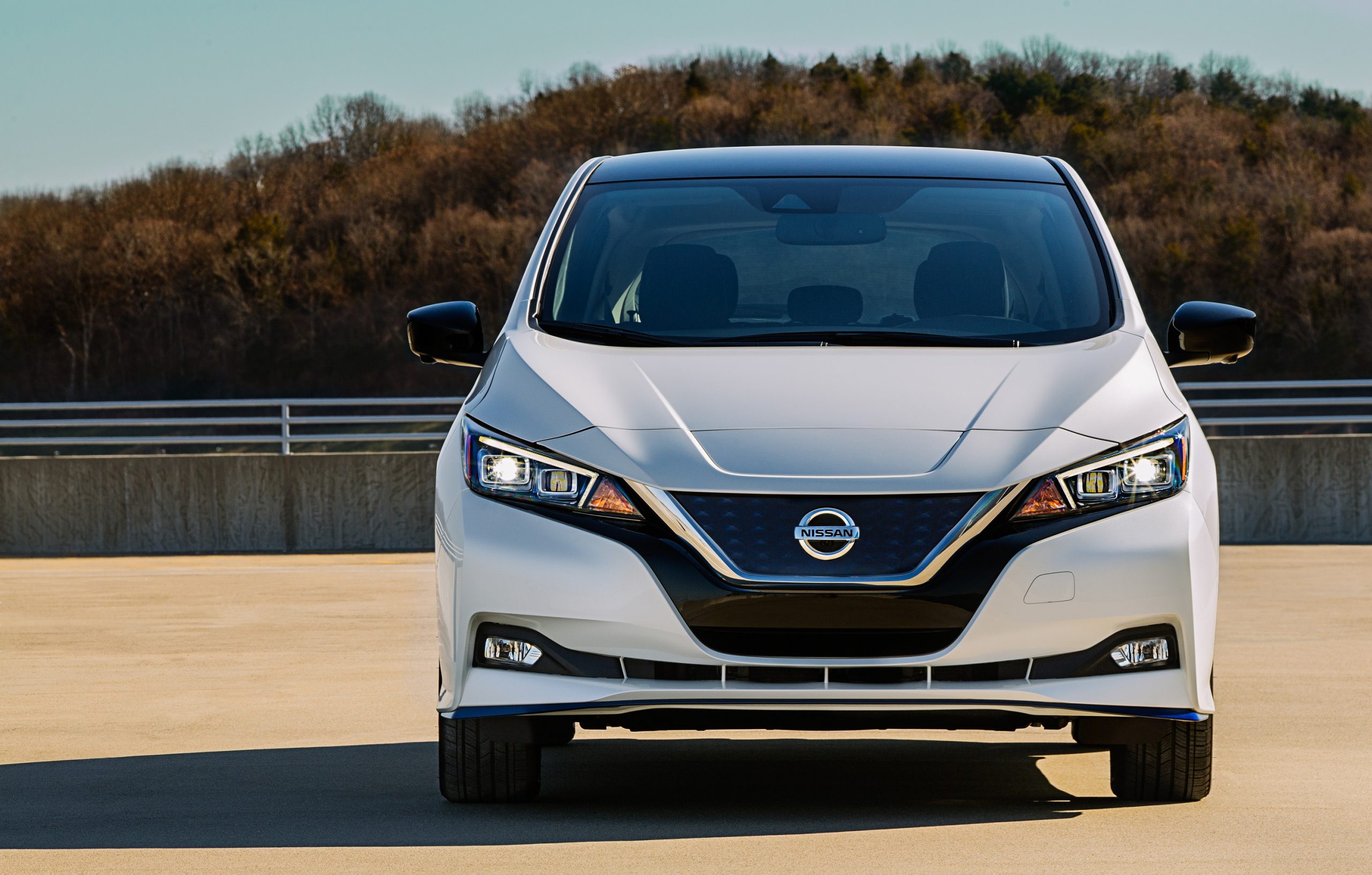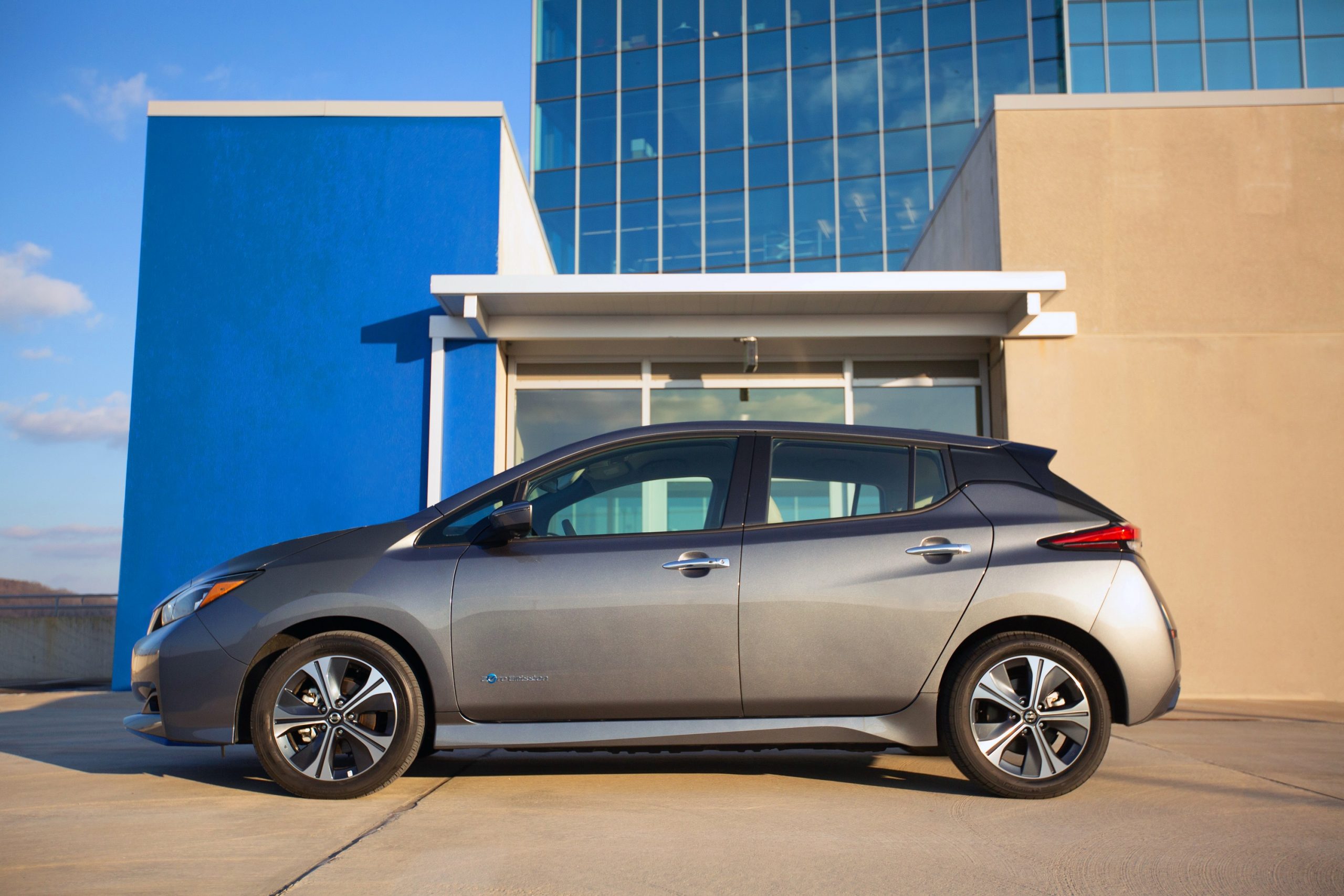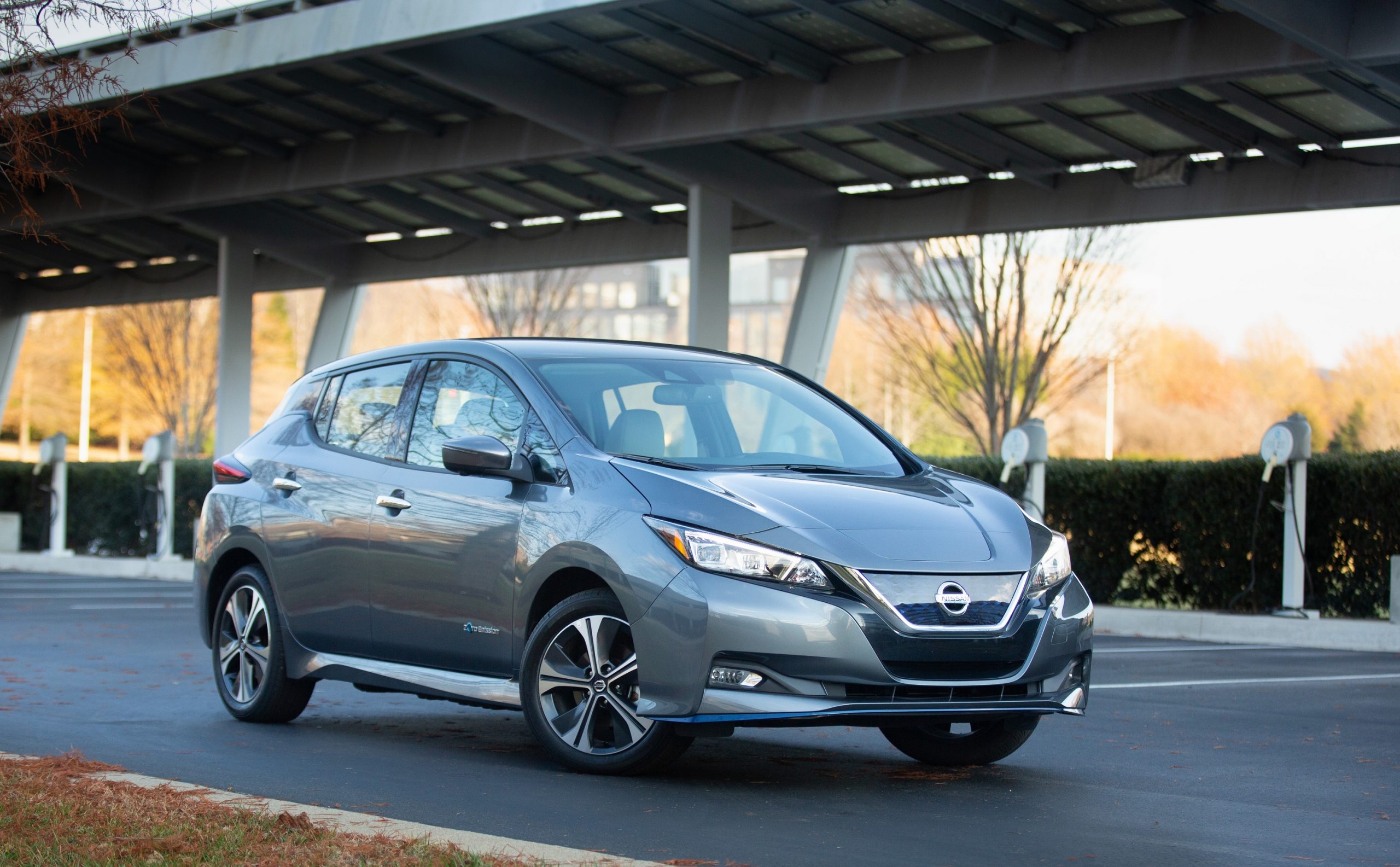
Finally, a Good Reason Not to Buy a Nissan Leaf EV
- The Nissan Leaf depreciates by up to 65% over five years
- Leasing a Leaf is one way to help stave off depreciation
- The Leaf’s positives help negate the loss in resale value
Here I sit, far too late in the day, trying to bring you good people some content. I just could not think of a good reason not to buy this Nissan EV. Then, I found some research on the internet. Turns out, the Nissan Leaf depreciates horribly. So, the question now is this: Is it worth it to buy a new Leaf hatchback if it’s just going to drop like a rock? That’s what we’re here to discuss. Far too late in the evening.

Why shouldn’t you buy a Nissan Leaf?
Now, to be clear, there’s a small handful of reasons why you might not want a Leaf EV. Stay tuned, as that article will be here in January. However, far and away the largest of those reasons is apparent in a study by iSeeCars. Through this study, iSeeCars discovered that the Leaf depreciates absurdly quickly. This was measured across a five-year timespan, the period in which many new vehicles will depreciate the most.
Turns out, the Leaf is the worst of them, losing a massive 65% of its value across that five-year time span. That’s a whopping 25% more depreciation than the market average of 40% over five years. If you need hard numbers, try this on for size: The 2022 Nissan Leaf starts at $27,400 MSRP; over five years, iSeeCars found that it will be worth $17,810 less, or $9,590. A tough hit to take, sure, but is this Nissan EV still worth it?
How long does the Leaf’s battery last?

One of the most major concerns here is battery life. No, we’re not talking about the Leaf’s 150-226 mile range per charge. We’re talking about the overall life of the battery. Like its namesake, the Leaf’s battery will inevitably wilt. At that point, usually 8-10 years, the battery will need to be replaced. At least some of this depreciation can be explained thanks to consumers’ hesitancy to inherit that potential four-figure repair bill.
While the current surge in used car prices can help stave off some of this depreciation, for now, the Leaf has another problem. It’s a cheap EV. That’s all well and good in the showroom, but the cheaper the car (generally speaking) the harder the depreciation, excepting sports cars and exotics, of course. Consumers are simply willing to pay less and less for a mass-market car like the Nissan Leaf as it ages.
The Nissan Leaf EV is still worth buying

That said, you shouldn’t let that deter you. You can still (Nissan) lease a Nissan Leaf for a competitive monthly rate. At least then, you aren’t eating as much of the depreciation as you would if you bought the hatchback outright. Plus, the Nissan Leaf’s accolades far outweigh depreciation, at least in the short term. Whether that’s worth losing so much of the EV’s value over five years, however, is entirely dependent on how consumers feel about things.


